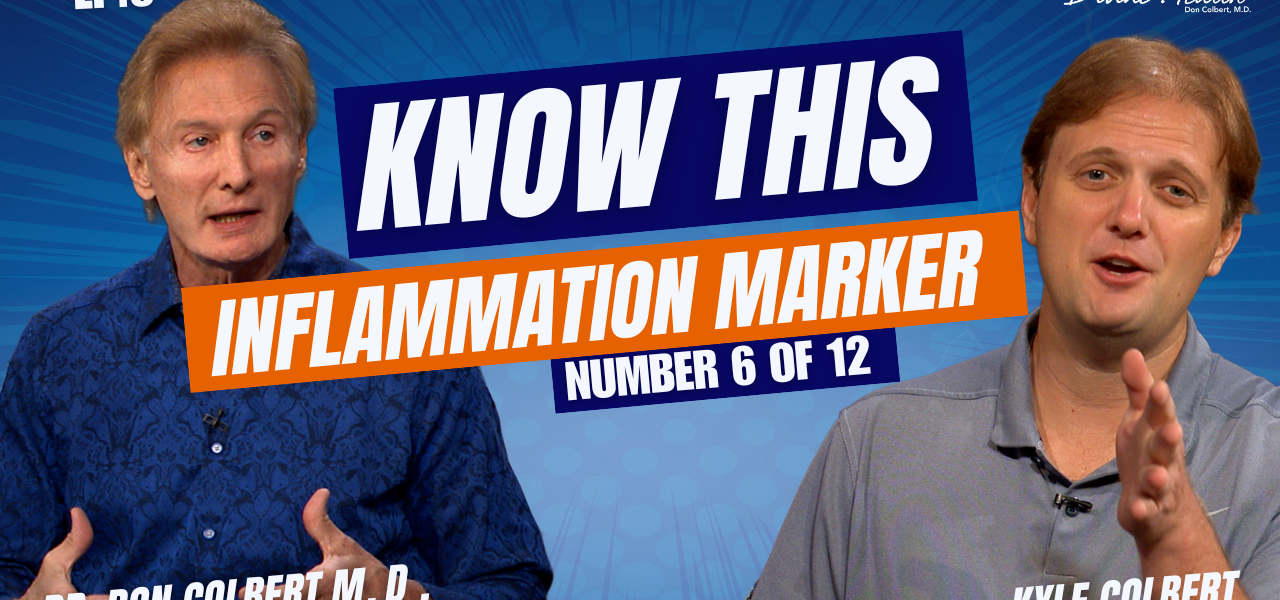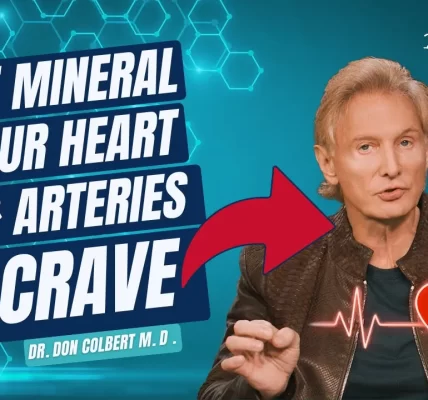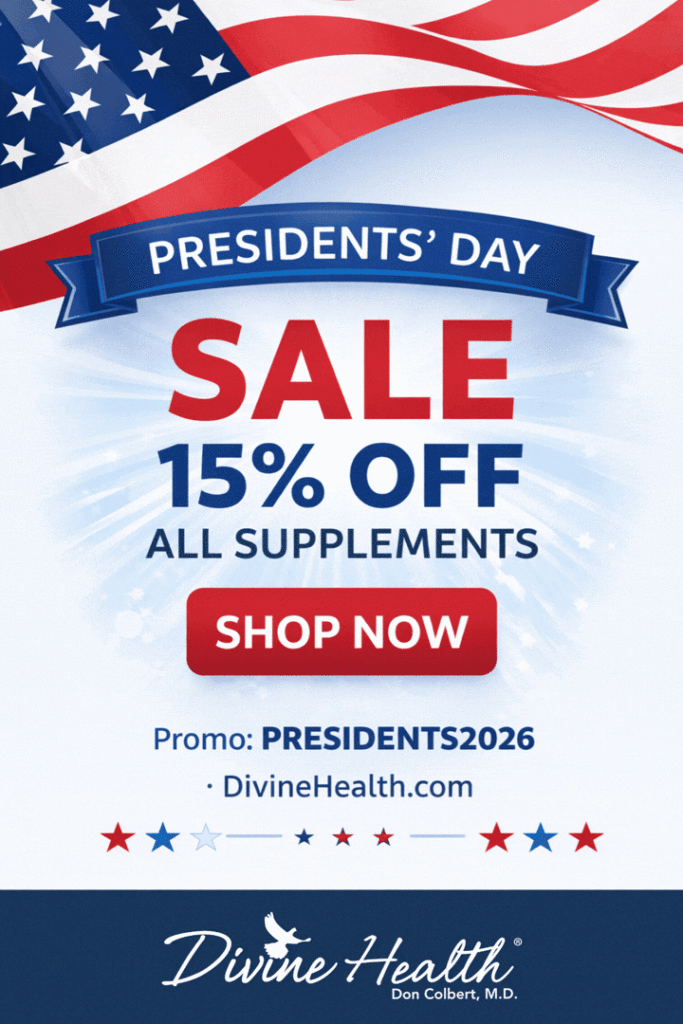Know Your Numbers: How Cholesterol and Triglycerides Impact Your Health
Understanding your health numbers is one of the most important steps you can take to live long and strong.
In this episode of Dr. Colbert’s Broadcast, Dr. Don Colbert, joined by Kyle and Mary Colbert,
explains why cholesterol and triglycerides are two of the most vital numbers you should monitor—and how to bring them into a healthy range.
Why Cholesterol Matters
Cholesterol is divided into three main types:
- Total Cholesterol – should be less than 200 mg/dL
- LDL (“bad” cholesterol) – should be less than 100 mg/dL
- HDL (“good” cholesterol) – men should aim for above 40 mg/dL, women for above 50 mg/dL
- Triglycerides – should be less than 150 mg/dL
Dr. Colbert warns that even being slightly above range can be a sign of risk.
When several markers (blood pressure, blood sugar, cholesterol, triglycerides) are high at the same time,
they multiply your risk for disease and shorten lifespan.
What Raises Cholesterol?
The main culprit is saturated fat. Foods high in saturated fats include:
- Butter, cheese, sour cream, whipped cream
- Bacon, sausage, fatty red meats
- Pizza and ice cream
- Coconut oil and processed meats
These foods raise LDL (bad cholesterol) but do not improve HDL.
The only proven way to raise HDL naturally is aerobic exercise.
What Raises Triglycerides?
Unlike cholesterol, triglycerides spike mainly from sugar and refined carbs:
- Sodas, sweets, desserts, and honey
- White bread, white rice, tortillas, and pasta
- Dried fruits (raisins, dates, prunes)
- High-sugar fruits like ripe bananas, mangoes, grapes, and papayas
High triglycerides are linked to heart disease, pancreatitis, fatty liver, metabolic syndrome, and type 2 diabetes.
The Keto Zone Approach
Dr. Colbert’s Beyond Keto plan (the Keto Zone diet) helps lower both cholesterol and triglycerides by focusing on:
- Healthy oils – extra virgin olive oil, avocado oil
- Fiber – from vegetables, berries, seeds, legumes, and supplements like
Fiber Zone - Nuts & Seeds – walnuts, pumpkin seeds, almonds
- Plant Sterols – natural compounds that bind and remove saturated fats
Supplements That Help
- Fiber Zone – helps sweep cholesterol from the digestive tract
- Plant Sterols – bind and eliminate saturated fats
- Red Yeast Rice – can naturally lower cholesterol (commonly used at 1,200–2,400 mg/day)
- CoQ10 – important for anyone on statins, which can deplete CoQ10 and cause fatigue or muscle pain
Medication Considerations
For those with genetic high cholesterol (familial hypercholesterolemia),
some may require medications like statins, Zetia, or other modern alternatives.
Statins do work to reduce heart disease risk but may cause side effects
(muscle aches, fatigue, increased blood sugar). If prescribed a statin,
Dr. Colbert recommends supplementing with CoQ10 to protect energy levels.
Key Takeaways
- Lower saturated fats to reduce LDL.
- Cut refined carbs and sugars to lower triglycerides.
- Add fiber, nuts, seeds, and healthy oils daily.
- Test your cholesterol every 3–6 months to track progress.
- Consider supplements like Fiber Zone, plant sterols, and red yeast rice for extra support.
✅ Next Step: Explore Dr. Colbert’s
Beyond Keto Book for the full plan.
✅ Add
Fiber Zone to your daily routine for cholesterol and digestive health.
✅ Stay connected with our
Keto Zone Community for support and recipes.
















